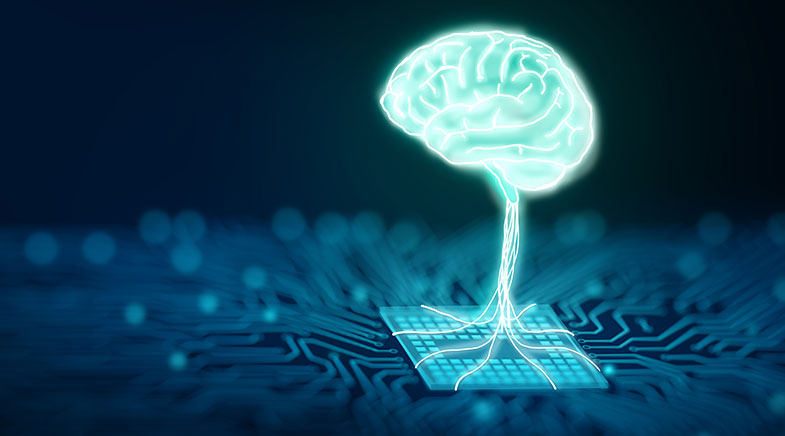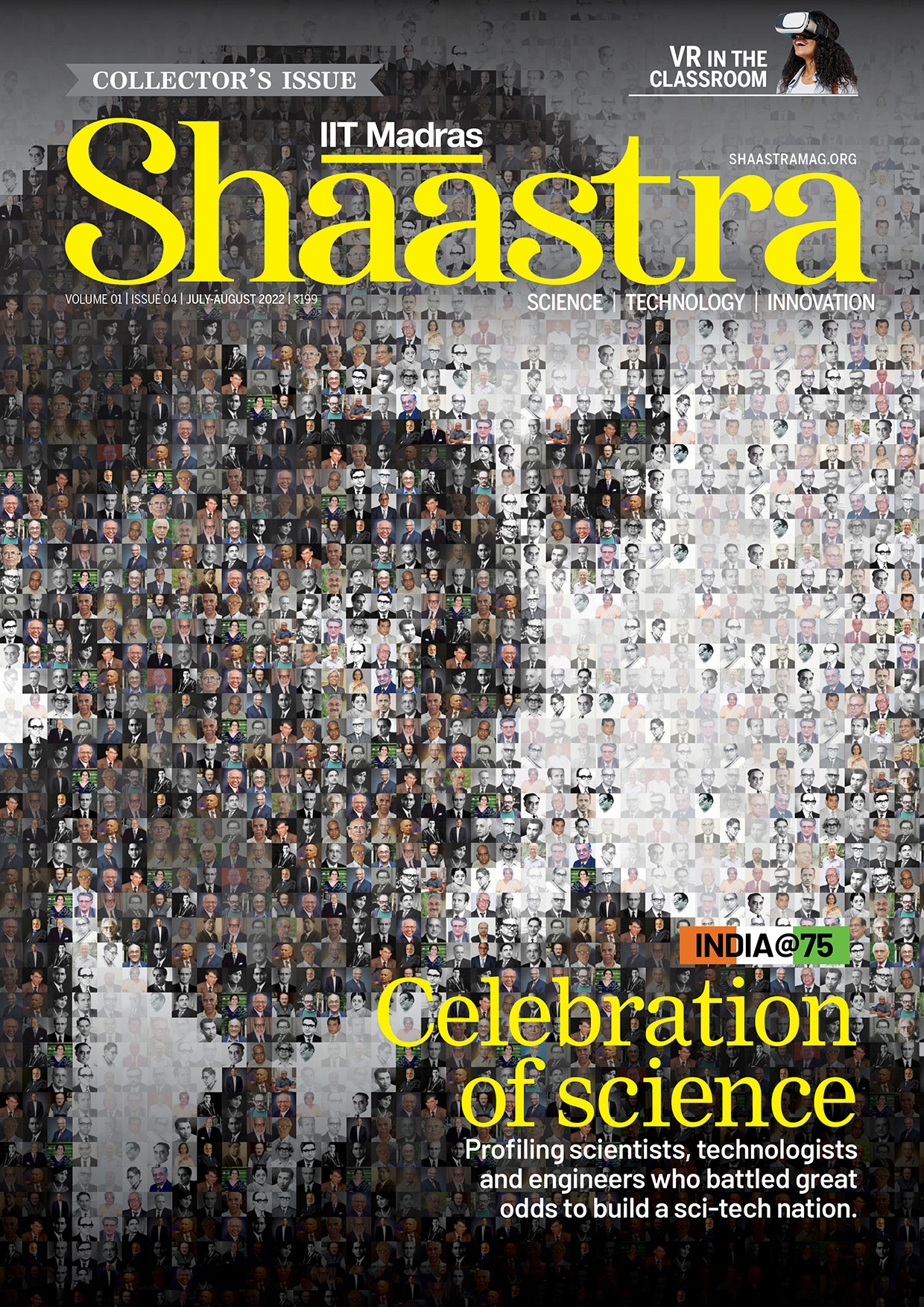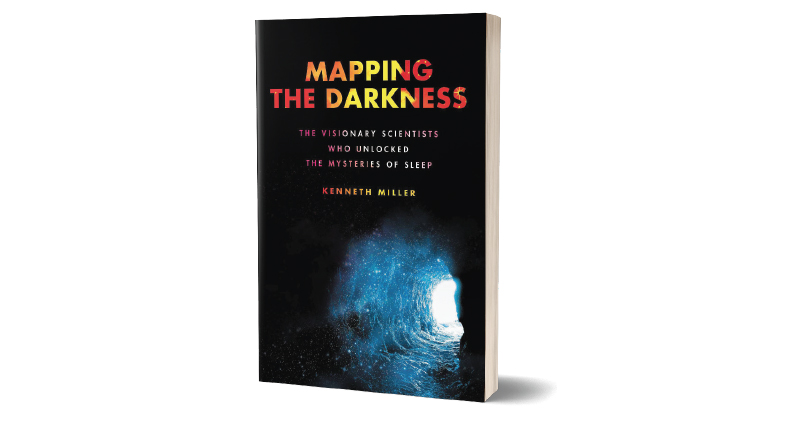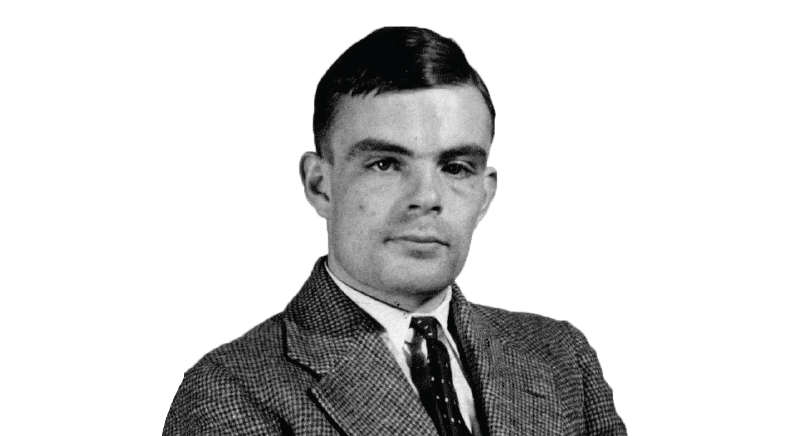It's a no-brainer
-
- from Shaastra :: vol 01 issue 03 :: May - Jun 2022

An 'artificial brain' can never match the real thing for complexity and intelligent processing of stimuli. Nor should we want it to.
There are artificial equivalents for almost all our vital organs — pancreas, heart, kidneys — but not for the brain. An artificial brain may someday pass the Turing test in a way that artificial intelligence has not so far, and substitute for the human brain. That could enable the creation of Spock-like humanoids that think like humans. Eventually, we could combine the best features of flesh and silicon to "overclock" cognitive power and make humanoids do much more than machine or humans can.
One path to an artificial brain is to simulate how a brain processes information using silicon-based technologies. An Artificial Neural Network (ANN) is an example. A few ANNs may be sufficient to run a Tesla, but they will not achieve even a fraction of what a human brain can do. That needs petascale computing capacity (1015 floating-point operations per second), which requires rooms of hardware and megawatts of power. If we have to connect a power plant for every brain we simulate, we will soon run out of power.
PAST ISSUES - Free to Read


Have a
story idea?
Tell us.
Do you have a recent research paper or an idea for a science/technology-themed article that you'd like to tell us about?
GET IN TOUCH














